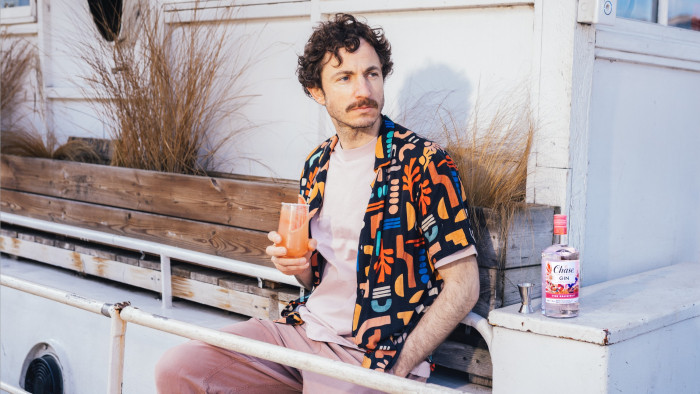Sex, drugs and mental health: What it's like to be a gay man in 2018
Gay men tell all on sex, drugs and mental health


When you live in a big city and have gay friends and co-workers, you might think that being a sexual minority is no biggie any more. But, in reality, life as a gay man in 2018 still brings plenty of challenges.
Things have absolutely improved, especially in terms of the perception of gay people, but there’s still so much further we need to go in the fight for equality and safety.
Being gay in 2018 also means you’re exposed to a world of queer stuff – from the new HIV-prevention drug PrEP to an avalanche of self-esteem-crushing sweaty-torsoed men on Instagram – that straight people might not know about.
So here’s everything you could possibly want to know about being gay in 2018…
Yusuf Tamanna, 28, is a writer from London
How important is your sexuality in 2018?
For me, being gay is a big part of my identity. I know loads of gay people who’d rather not be defined by their sexuality and that’s fine – that’s their choice. But I spent so many years running away from the idea of being gay that now I’m comfortable, out and proud I think why not celebrate it? There’s so much power in being LGBTQ+!
What impact do you think dating apps have had on gay sex and relationships?
Dating apps in particular have changed how gay people interact and meet one another. I’ve used the apps myself to find fellow gays in the area just to make friends. When I was new to London I relied on these apps to help me find friends and the odd date here and there. There is definitely a hook-up culture within the gay community, but who doesn’t enjoy sex? I’ve been on my straight friend’s Tinder and the messages and discussion are just as vulgar!
What’s the biggest misconception people have about gay men in 2018?
That the community is united, when it really isn’t. And that really sucks.
How pervasive is racism, biphobia and transphobia in the gay community?
As a south Asian gay man, I can tell you it is as common as bad grammar and emojis on Twitter. You’d think ‘Oh, because someone is gay they wouldn’t discriminate against another minority group’ but that’s sadly not the case. Especially on dating apps, people will call me racial slurs because I ignore their messages or just don’t respond in time. I’ve been out in gay spaces and told to fuck off back home by other gay men. Why? Your guess is as good as mine!
A guy I dated once turned out to be a huge racist towards black people but had a gross fetish for south Asian men. You get that a lot.
What are the biggest problems facing gay people in 2018?
I’d say Theresa May is one of the biggest problems.
How is social media changing how the LGBTQ+ see themselves?
I feel like it’s helping and it’s hindering us. Speaking for myself, Twitter really helped me feel comfortable with being gay because I got to interact with other gay people across the country with the same hobbies and interests. In fact, it was a guy on Twitter, who is now a dear friend of mine, who gave me the courage to come out to my mum.
On the flipside, the visual nature of these apps make a lot of gay men who probably don’t have hairless bodies or six packs or aren’t white feel ‘less than’. That goes for gay culture as a whole, but social media has definitely amplified the idea that gay men need to look and act a certain way and if you don’t then you don’t get to sit with them.
“I’d say Theresa May is one of the biggest problems for gay people in 2018”
Do you like being gay in 2018?
Oh God, I LOVE being gay! I joke around with my family telling them that being gay was the best choice I made! It’s obviously not easy, people think because we can get married suddenly homophobia is gone. But I’ve been spat on, attacked and generally treated badly by members of the public for simply holding a guy’s hand, painting my nails or walking with a strut.
I don’t think being gay will ever be ‘easy’ because society isn’t designed to support people like us, but I refuse to let that get me down and stop me from being myself. At the end of the day, your problem with me is exactly that: your problem.
Matt Cain, 43, is the former editor of Attitude
How has the perception of gay people changed over time?
The story I tell in my book The Madonna of Bolton spans 25 years, from a social setting when it wasn’t acceptable to be gay, to the height of the AIDS crisis in the 80s and beyond. We were portrayed in the mainstream media as disease-carrying homosexual predators who couldn’t be trusted around children.
But I think, especially in terms of HIV, the right message is slowly getting through. In the mid-90s, the antiretroviral combination drug therapy came in which basically meant HIV was no longer a death sentence. That was the start.
And in the last two years, two really important things have happened. First, the message has got through that if you become undetectable, you cannot pass the virus on.
The second thing is, if you are HIV- and you take PrEP, you cannot become infected. So there’s much less fear. I think the stigma is lessening and that’s a brilliant thing.
As a gay child, I was told I was a dirty, disgusting queer who would die of AIDS and I was horrified. I thought that gay sex and gay love meant catching AIDS and dying – and that’s really not a positive self-image.
How easy is it to be gay in 2018?
It’s undoubtedly easier than in the past. When I was growing up, I couldn’t have envisaged the level of acceptance we now enjoy in this country. Having said that, there are still pockets of intolerance. I think as a community we need to pay attention to what’s happening to gay people around the world now.
We have this wonderful privilege and have equal rights, not including Northern Ireland, but I don’t think we can forget what other people are going through. Whether that’s Chechnya, Russia or Saudi Arabia.
Why do we still need Pride in 2018?
People say marching in the parade at Pride isn’t political any more but sometimes just living your life openly and visibly as an LGBT+ person is a political act.
If images from Pride in London go all around the world via the internet and people in other countries, where it’s still illegal to be gay, see those images it can give them hope.
Pride is about commemorating the struggle and paying tribute to those who fought for us and didn’t survive – and it gives hope to people who are still struggling all over the world.
Matt’s book The Madonna of Bolton is published on 12 July and is available for pre-order on Amazon now
RELATED: This is what it’s like to be a bisexual man in 2018
“I wish I could be openly gay. Sometimes I feel like I’m trapped because I can’t be who I truly am”
Tim* 18, from Florida, is a gay man who isn’t out
Why don’t you feel comfortable being openly gay, even in 2018?
I’m not openly gay because I come from a religious household where being gay is a sin that you have to be ‘delivered from’. If I was to come out, I would feel like huge disappointment to my family and I’d get long conversations about how I’m not supposed to be gay.
I do wish I could be openly gay. Sometimes I feel like I’m trapped because I can’t openly be who I truly am. I spent a week visiting my friend, who is openly gay, and I felt so free… like I was truly me. I wasn’t ashamed and wasn’t scared of who I am.
What do you think are the biggest assumptions people make about gay men in 2018?
People think gay people are always trying to make other people gay or pushing their ‘gayness’ on others. That’s not true. I do think that we are sometimes prouder of our sexuality because being gay has been looked down on for so long that it’s a step of bravery to come out.
Do you like being gay?
For the most part I do like being gay. Yes, there have been days where I ask myself, ‘why do I have to be gay?’ My family life would be so much easier if I wasn’t. But the gay community is full of amazing people and I do hope that one day I don’t have to hide who I truly am. Because I’m gay and there’s nothing wrong with that.
*Name changed to protect anonymity
Joshua Masson, 24, works as a drag queen
(who, by the way, is called Precious… and is a youthful 21)
Is being gay still a big part of who you are in 2018?
Sexuality does play a big role in my identity, both as a gay man and especially as a drag queen. I love involving myself in the history and the community that LGBTQ+ people have created. I’m very queer and I’m proud of that.
I think drag is one of the last queer-owned artforms and if I wasn’t queer it would almost be a shame to miss out on so much beauty and expression.
What’s been the impact of PrEP on the gay community?
PrEP is, for starters, a bloody wonderful thing. I mean really, did you ever believe a pill like PrEP would exist? Frankly, I didn’t!
PrEP should be celebrated and we should be grateful that our partners and our casual hook-ups are taking these extra precautions, rather than shaming someone taking care of their health. It’s 2018 people.
What do you think are the biggest problems facing the gay community in 2018?
Political action is a big one. After gay marriage was legalised, suddenly there was this sense of ‘Phew that’s over, now we can relax’ but that isn’t the case. That’s a basic human right that we deserved, not one we should have earned.
And just because we have a few more gay men on TV that doesn’t mean suddenly we have the diversity we’ve been so desperately hoping for. The fight isn’t over.
“Do I wish I was straight? Absolutely fucking not”
Do you like being gay in 2018?
The perfect way to answer this, I think, is to ask: ‘Do I wish I was straight?’
Absolutely fucking not. I love being gay.
Being gay is a huge part of my existence and if I wasn’t gay, frankly I’d have a pretty boring existence. At least now I can guarantee my ashes will have glitter in – biodegradable, of course – I’m not a complete animal.
Tom Hayes, 32, is the editor ofBeyond Positive
He was diagnosed with HIV in 2011 but, thanks to treatment, is now undetectable
What’s been the impact of PrEP on the gay community?
PrEP has allowed us to talk about sexual health in a more open and healthy way in the last 12 months. Done properly, PrEP isn’t just a pill; it’s routine monitoring and screening and conversations with healthcare professionals.
Also, with PrEP being so visible on apps like Grindr and Scruff, it allows people to have much more open and relaxed conversations about HIV and sexual health in general. If you see someone who’s on PrEP on their profile, you can talk to them about it without an assumed fear of rejection. That’s been essential. Just a healthier dialogue around sexual health, which unfortunately has come at the same time as all the sexual health services cuts.
“It’s really sad to see progress we’ve made being rolled back so dramatically”
Have those cuts had an impact of gay community, gay sex and gay relationships?
I think the cuts are certainly having an impact on the sex lives of all LGBT+ people in general, but certainly gay men’s sex lives and their relationships.
We as a community are actually much better at accessing sexual health services routinely than the heterosexual, general population. But now those services are harder to access, it’s leaving people without the testing and treatment they want or need and without access to free contraception or information about PrEP or HIV treatment.
And we know that spending £1 on sexual health will save you £11 further down the line in a short matter of years. So it’s kind of a bizarre backwards step to cut sexual health services, especially in places we need them most.
We’ve seen amazing work from places like Dean Street with dramatic falls in HIV rates but Dean Street have had to cut the number of people they can see on a daily basis quite dramatically to match new funding. It’s really sad to see such progress we’ve made being rolled back so dramatically.
Matthew Todd, 44, is the author of Straight Jacket
Does your sexuality play a big role in your life?
It does in mine. I grew up in the eighties with the savage homophobic hysteria that accompanied the emergence of AIDS. The message from the media was that you were dangerous, immoral, a threat to society and to children.
I don’t think younger people would believe how homophobic the tabloids were. They’d slyly say it was good gay men were catching AIDS, they published cartoons showing a father hanging their gay kids, they printed comments from a vicar saying he’d shoot his son if he had AIDS…. That’s just a few examples. It was brutal and relentless.
I knew I was gay when I was ten and thought a lot about suicide – something which is never the answer. Lots of LGBT+ people feel that their sexuality or gender identity is central to their identity and others believe it’s just a minor part of them, like their eye colour. It’s a personal thing.
What’s the biggest misconception people have about gay men in 2018?
That we all get on and that it’s like a secret club with a handshake like the Masons. The gay community can be supportive and wonderful and we often have to find really strong friendships – ‘families of choice’ some people call them. But lots of us aren’t very nice to each other.
The gay scene can be amazing and it certainly saved my life. But, like the rest of the world, gay people can be unkind and judgmental and unpleasant too. There is racism. There is body fascism. There is unkindness. Gay apps can be absolutely brutal.
“There’s a disproportionate problem with suicide, self-harm and eating disorders. There’s no doubt”
Do you think gay men have addiction issues that aren’t being properly addressed?
Stat after stat shows we do have far higher levels of alcohol and drug abuse. People will know about chemsex as it’s received a lot of attention in the last few years and the drugs popular among lots of gay men now – G, mephadrone and crystal meth – are so powerfully addictive and so much more dangerous than ones that were around when I was young.
People lose whole weekends, weeks, sometimes lose relationships and homes. Sometimes lives. I have lost track of the amount of people I have personally known, or friends of friends, who have died ‘from a heart problem’. Often young people. This is not happening to a small amount of people. It’s a problem all over the country but especially in big cities. There is a gay drugs crisis.
There is also a disproportionate problem with suicide, self-harm and eating disorders. There’s no doubt.
There is now a growing community of LGBT+ specific supports groups such as AA and Narcotics anonymous, Crystal Meth Addicts Anonymous, Sex and Love Addicts anonymous, as well as Antidote, the LGBT drugs and alcohol service, and services such as Dean Street and the LGBT foundation in Manchester and others across the country.
In the past I was drinking too much but I’ve been sober for four years and it’s changed my life. There is another way to live and it’s far less boring that it sounds!
Straight Jacket: Overcoming Societies Legacy of Gay Shame by Matthew Todd was voted Boyz Best LGBT Book 2017 and is available wherever books are sold.
George Palmer, 26, works in PR
He is also a singer-songwriter (and partial to a ballerina skirt)
What are the biggest problems facing the gay community in 2018?
I think something that really isn’t talked about enough in the gay community is mental health. It really worries me how common it is among my friends and LGBT+ people I know who struggle with anxiety, depression and low self-esteem.
People like Olly Alexander raising awareness for mental health in our community and creating open discussions about the subject really helps and I have so much respect for people like him.
How is social media changing how gays see themselves?
I think every gay guy would agree that they are exposed to imagery all the time through Instagram, and it can really make us feel… not good enough. Whether you’re a big muscle gym gay, or a slim guy, I think everyone compares themselves to people on social media and it’s really damaging when it comes to body image.
It gives us unrealistic expectations of our own achievements and body image and it gives us warped perceptions of what we should expect from a romantic partner, which can really effect dating and healthy relationships with others.
Do you like being gay in 2018?
I LOVE being gay. I used to want to change being gay so much when I was younger but I’m so proud to be part of this community now.
Being gay means I’ve learnt that I don’t have to take myself or life too seriously, and it’s made me more open-minded as a person in how I treat others.
And it’s so important to remember and be grateful for the work of the generations of LGBT+ activists since Stonewall up until today.
If you’re struggling with issues related to mental illness or suicide you can contact Samaritans or Mind.
(Images: Craig Benson / Simon Taylor)







